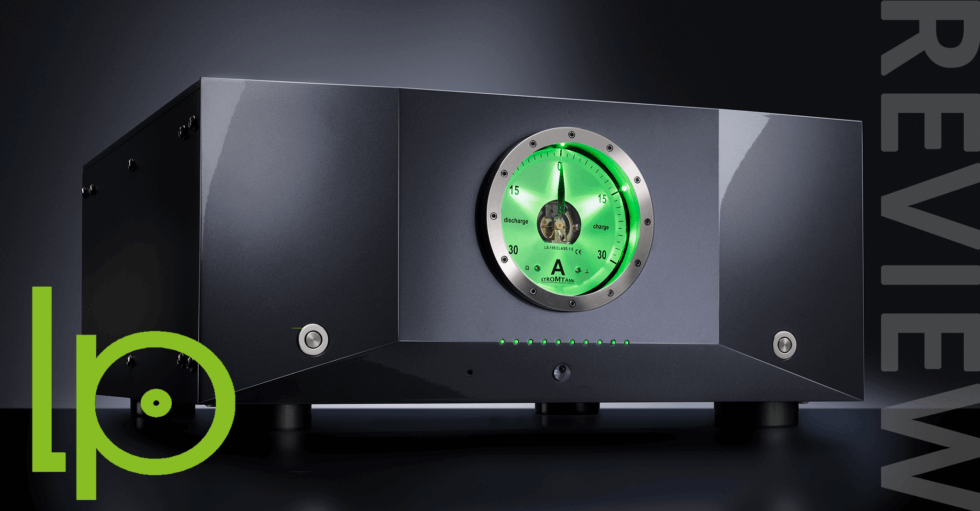Our group did investigate the degree of affect the AC sine purity to the sound and found that it could be noticeable only with low loop gain amps contain nonregulated power supplies. Tube amps, vintage amps, and so on. One day I had my regenerator's synchronizing broken, and the device started to increase distortions(by adding high-frequency artifacts) instead of reduction, I was able to hear that very clear. We didn't try to compare any DACs with clean/dirty AC sine, I didn't see a technical prospect to find the difference(all DACs I know have well regulated PS) and had no spare time. The only way to test AC regenerator is real load i.e. old-school power amp with a tank of caps after transformer+diodes. The Power Factor of such things is .7-.8 + huge inrush current. PS-audio regenerator(at least in 2005) being loaded rated power and PF=.7 will show you a comparable THD+N level as your outlet has. The problem is too high output impedance of such regenerator, so, to power 100Wx2 class AB amp you better go with 1000W or so rated PS-audio regenerator. My regenerator wasn't DIY-like design with class B amp + step-up trafo and had 0.004ohm of the output impedance that's why the load very slightly affected the THD+N. It was class D amp, UcD modulator(I did ask B. Putzeys is that would be legal, he said - no problem) + extra loop filter to provide 80db of the loop gain at 50Hz, and stable work at crazy10uF of capacitive load(it was P. Mcgowan requirement because for the beginning we had pre-agreement to design that for PS-audio but finally the design was sold to China, that's why I'm here). The feedback was taken from the outlet connector directly, class D residual switching was reduced up to millivolts by 4ord output LC filters. The topology was a compensation type in other words, the device placed in serial with AC outlet and produces anti-harmonics to its output to compensate initial distortions of the AC line. This way internal class D amp needs only the power equal to THD of AC line: 2000VA load with the input AC line THD = 10% requires just 200W of the compensation. No surprise that the efficiency of such regenerator reaches 98%, and 2000W device was implemented in the case like today you can find "AC filter" i.e. like a power-cord extension for 5 outlets, a bit beefy one.

